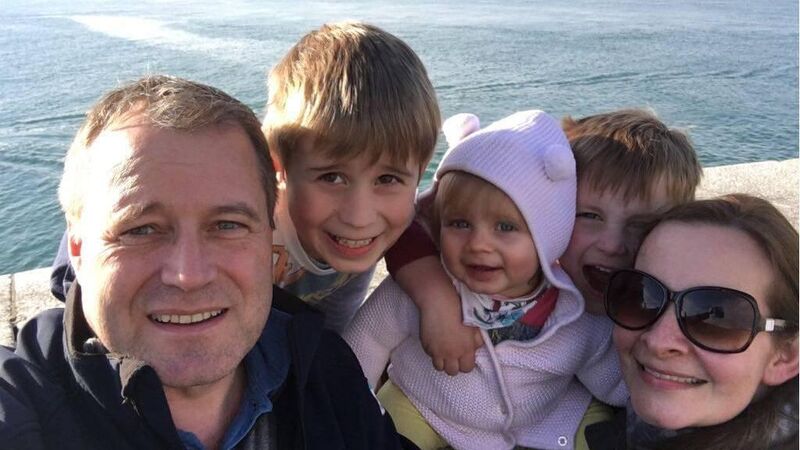Dr Ciara Staunton: We need to talk about homicidal ideation

Andrew, Conor, Carla, Darragh McGinley and Deirdre Morley. Pictures: Andrew McGinley/Conor's Clips
Have you ever thought about killing a loved one? No, thankfully, is the answer for the vast majority of us.
But what if you did have such thoughts? Like a shooting star, was it a fleeting thought that suddenly appeared in your consciousness, but just as quickly disappeared?













